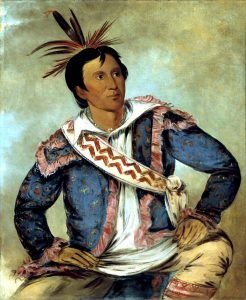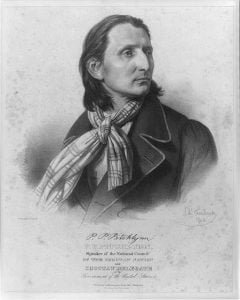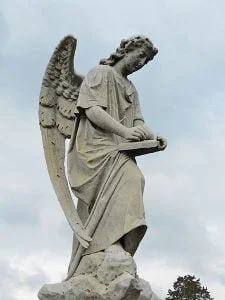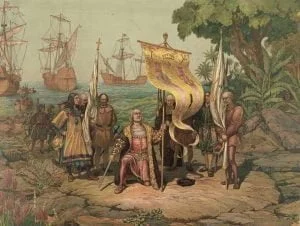Important Men of the Choctaw Indians
The Choctaw Nation, from its earliest known history to the present time has, at different intervals, produced many great and good men; who, had they have had the advantages of education, would have lived upon the pages of history equally with those of earth’s illustrious great. The first of whom we have any historical account, is Tush-ka Lu-sa, (the heroic defender of Moma Bin-na, a Lodge for All corrupted first to Mobila, then to Mobile) who perished, with many thousands of his people, in that bloody tragedy of three and a half centuries ago, while de fending his ancient city against … Read more





